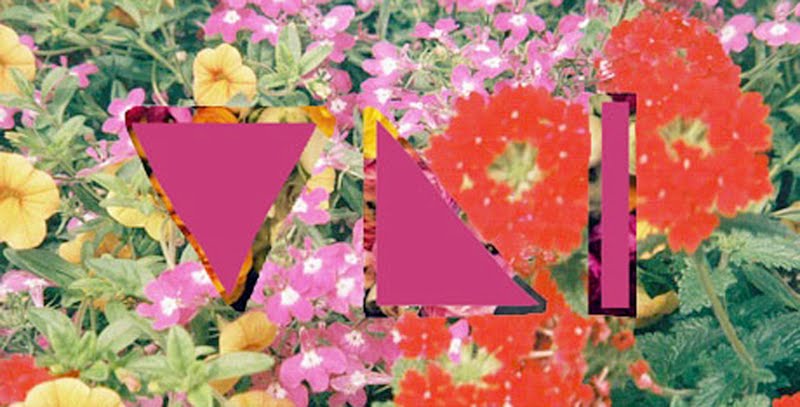“A third culture kid (TCK) is a person who has spent a significant part of his or her developmental years outside their parents’ culture. The third culture kid builds relationships to all the cultures, while not having full ownership in any. Although elements from each culture are assimilated into the third culture kid’s life experience, the sense of belonging is in relationship to others of the same background, other TCKs.” –Ruth Hill Useem, American Sociologist and Anthropologist, 1993
.JPG)
The Third Culture Kid in Watercolor May 2013
1) To
effectively integrate aspects of a birth culture (the first culture) and a new
culture (the second culture) to establish a personalized "third culture”, we
have no other choice but to adapt to the majority.
2) Upon
our entry to a new destination, we must start as an infant — with an alert mind, a clean ear and a fresh tongue.
3) Inevitably,
we will lose our initial beliefs and hid our values (gained from birth culture)
for the purpose of strengthening and regaining them on our next embarkation.
4) Remove
all native accents to fully immerse in the local slang. We must dress “up” if
they dress “up” and we must dress “down” if they dress “down”. We must pretend
to fit in to fit in.
5) Let
us belong to a group whether it is academic, business, or social.
6) All
TCKs live a shared identity and take no ownership in any one culture. Although
we understand the present culture better than the average, we can learn most through
our agreements and disagreements with other TCKs.
7) If
we are lucky we shall have a sense of home here.
8) While
time will leave us with an incomplete network, it will spare strong relationships. Our task is to reject the “Out of
sight, Out of mind” syndrome.
9) We
always have an urge to travel and contradict ourselves in our wish to settle
down. We must accept that we do not have one but multiple identities
10) One
day, we will return to our birth country knowing that we do not share the same
values and modes of thinking as our peers. We will let go of our identities again and learn as a foreigner


.jpg)
.jpg)
.jpg)
.JPG)
.jpg)
.JPG)
.JPG)
.JPG)